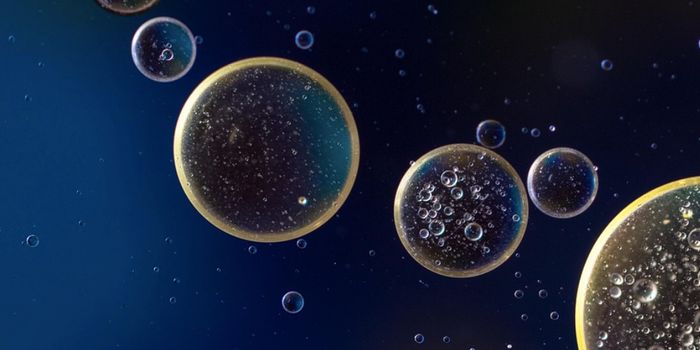How Heart and Small Blood Vessel Function Weakens in Space
Whether it’s an elderly person with heart failure or an astronaut scheduled for a long-duration spaceflight to Mars, understanding how blood vessels function in special circumstances is important for human health. From Kansas State University in partnership with the Johnson Space center and funded by NASA, researchers investigated the toll taken on astronauts’ heart health in space.
The new kinesiology study included exercise capacity measurements from astronauts before and after they spent six months aboard the International Space Station. A stationary bike test conducted before and after their space trip measured oxygen uptake, cardiac output, hemoglobin concentration, and arterial saturation. These measurements show how effectively - or not - the body transports oxygen to the muscle mitochondria.
Results from this classic before-and-after comparison were anything but surprising. The heart, which is made up of muscle tissue, is like any other muscle. You don’t use it, you lose it. It’s not that astronauts don’t need use of their heart in space, but they certainly don’t exercise it like they would on earth. "When your cardiovascular function decreases, your aerobic exercise capacity goes down,” explained a professor from the study, Carl Ade. “You can't perform physically challenging activities anymore.”
Specifically, analysis showed a decrease in maximal oxygen uptake between 30 and 50 percent, a serious reduction in how much oxygen can be consumed during physical exercise and reflected a serious loss of cardiorespiratory health. Past research studies have indicated a loss of heart function was causing this effect in astronauts, but the present study shows that it’s also capillary dysfunction that is to blame. The small blood vessels, in addition to the heart, become less effective at pumping oxygen to muscle tissues all over the body.
What do experts believe is causing the decrease in maximal oxygen uptake? Microgravity and its tendency to change the interaction between blood vessel capillaries and red blood cells; however, scientists are not quite sure yet what specifically happens in the capillaries to have this effect.
"If we can understand why maximal oxygen uptake is going down, that allows us to come up with targeted interventions, whether that be exercise or pharmacological interventions,” Ade explained. “This important new information can help these astronauts and prevent any adverse performance changes in their job."
The present study was published in the Journal of Applied Physiology.
Source: Kansas State University









